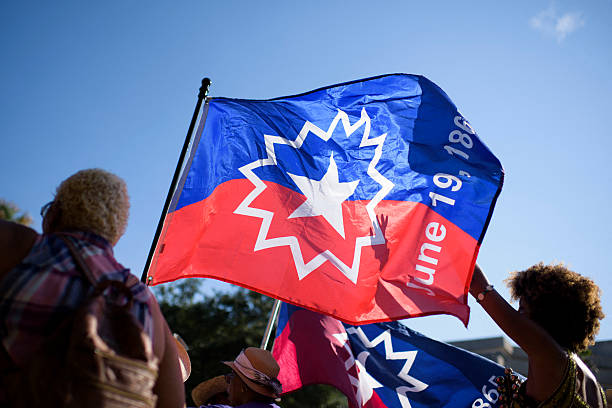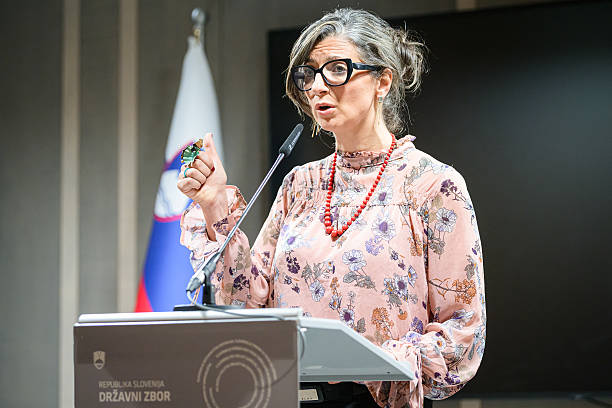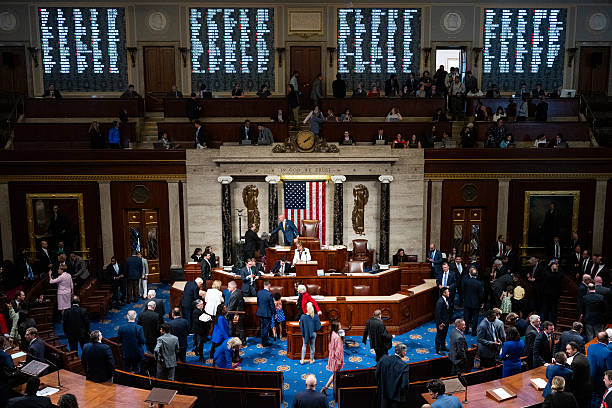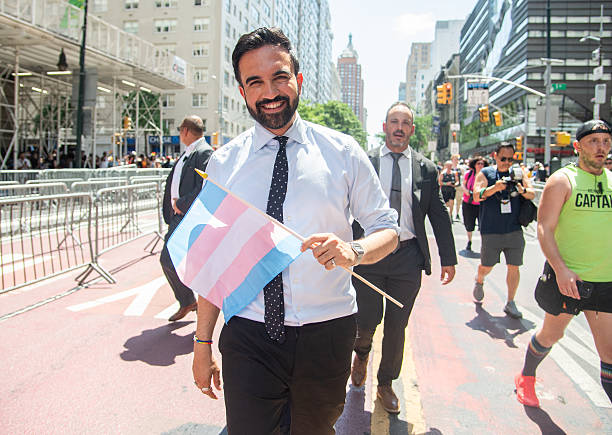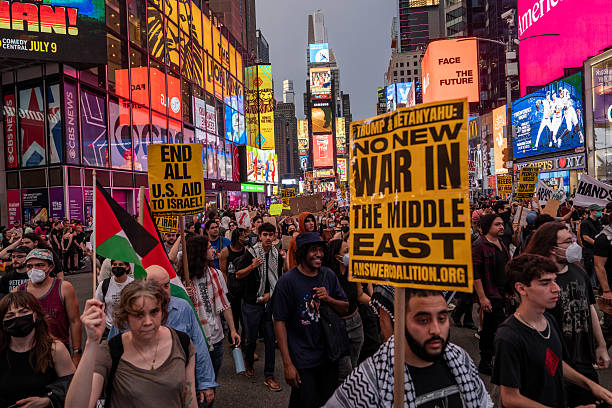By: Sahra Mohamed
On June 19, 1865, more than two years after President Abraham Lincoln issued the Emancipation Proclamation, Union General Gordon Granger arrived in Galveston, Texas, and delivered General Order No. 3. This order declared all enslaved people in Texas free, impacting over 250,000 men, women, and children who had remained in slavery despite it being abolished in Confederate states back in 1863. That day became known as Juneteenth, and according to the National Archives, it marks one of the most significant moments in American history. Though Juneteenth celebrates emancipation, it also reveals the resistance to Black liberation. Many enslavers in Texas had either refused to comply with the Emancipation Proclamation or denied knowledge of it, wanting to hold on to slavery for as long as possible. Some even fled to Texas from other Southern states during the Civil War, believing they could continue slavery there. The first Juneteenth celebrations began in 1866, just one year after Granger’s announcement. Freed people organized parades, cookouts, prayer services, and readings of the Emancipation Proclamation.
For decades, they preserved the history of Black resistance, especially as Jim Crow laws and segregation continued to suppress Black civil rights. Juneteenth was celebrated in Black communities throughout Texas and the South until it began to spread nationwide during the Great Migration, as African Americans moved to northern and western states. These communities brought Juneteenth traditions with them: barbecues, music, dance, and storytelling. According to the Texas State Library and Archives Commission, on June 17, 2021, after unanimous passage in the U.S. Senate and the House, President Biden signed a bill making Juneteenth a federal holiday. While many states, including Texas, had previously recognized Juneteenth, this legislation made it a national holiday. The fight to make Juneteenth a federal holiday took decades. Opal Lee, a retired teacher and activist known as the “Grandmother of Juneteenth,” walked from Fort Worth to Washington, D.C. at age 89 to raise awareness and pressure lawmakers. Her tireless activism was instrumental in achieving federal recognition of Juneteenth. But Juneteenth is more than just a federal holiday. It stands as a symbol of Black endurance and the ongoing journey toward true freedom. The Juneteenth flag, created in 1997 by activist Ben Haith, features a bursting star that represents a new beginning for African Americans and their rightful place within America’s promise of liberty. The red, white, and blue colors mirror the U.S. flag, emphasizing that Black freedom is a national issue. Today, Juneteenth is celebrated across the country, from New York to Los Angeles, and even at U.S. embassies abroad. Events range from educational panels and film screenings to block parties and poetry slams. Cities such as Atlanta, Philadelphia, and Houston host large festivals that draw tens of thousands annually. Yet, the meaning of Juneteenth has deepened in recent years.
In the wake of the killings of George Floyd, Breonna Taylor, and Ahmaud Arbery, Juneteenth became a moment for national reflection on the injustices faced by Black Americans. The holiday is now intertwined with urgent calls for racial equity, criminal justice reform, and economic justice. As Dr. Bettina Love, writes, “You can’t have freedom without justice, and you can’t have justice without truth.” Juneteenth also draws attention to the ongoing repercussions of slavery, from mass incarceration and unequal education systems to wage disparities. True freedom means access to housing, education, voting rights, healthcare, and a life free of fear and violence. In this way, Juneteenth serves as both a celebration and a call to action. There is also concern about the commercialization of Juneteenth. Critics argue that many companies and institutions make symbolic gestures. issuing social media posts or selling themed products without committing to meaningful change or addressing systemic racism in their practices. Despite this, the heart of Juneteenth remains in many communities. Churches, schools, and grassroots organizations continue to honor the holiday with integrity. Local historians and educators use the day to teach young people about emancipation and the Civil Rights Movement. Juneteenth has also become a vital space for celebrating Black creativity across literature, film, fashion, and cuisine. Art and media have played a crucial role in reclaiming the Juneteenth narrative. Films like Miss Juneteenth and documentaries such as Ava DuVernay’s 13th help expand public understanding of Black identity and resistance.
Juneteenth reminds us that freedom is an ongoing process. It calls attention to the truth that justice delayed is justice denied, and that the fight for equity continues in our policies, institutions, and communities. Honoring Juneteenth means honoring the past while committing to building a better, freer, and more just future for all.
